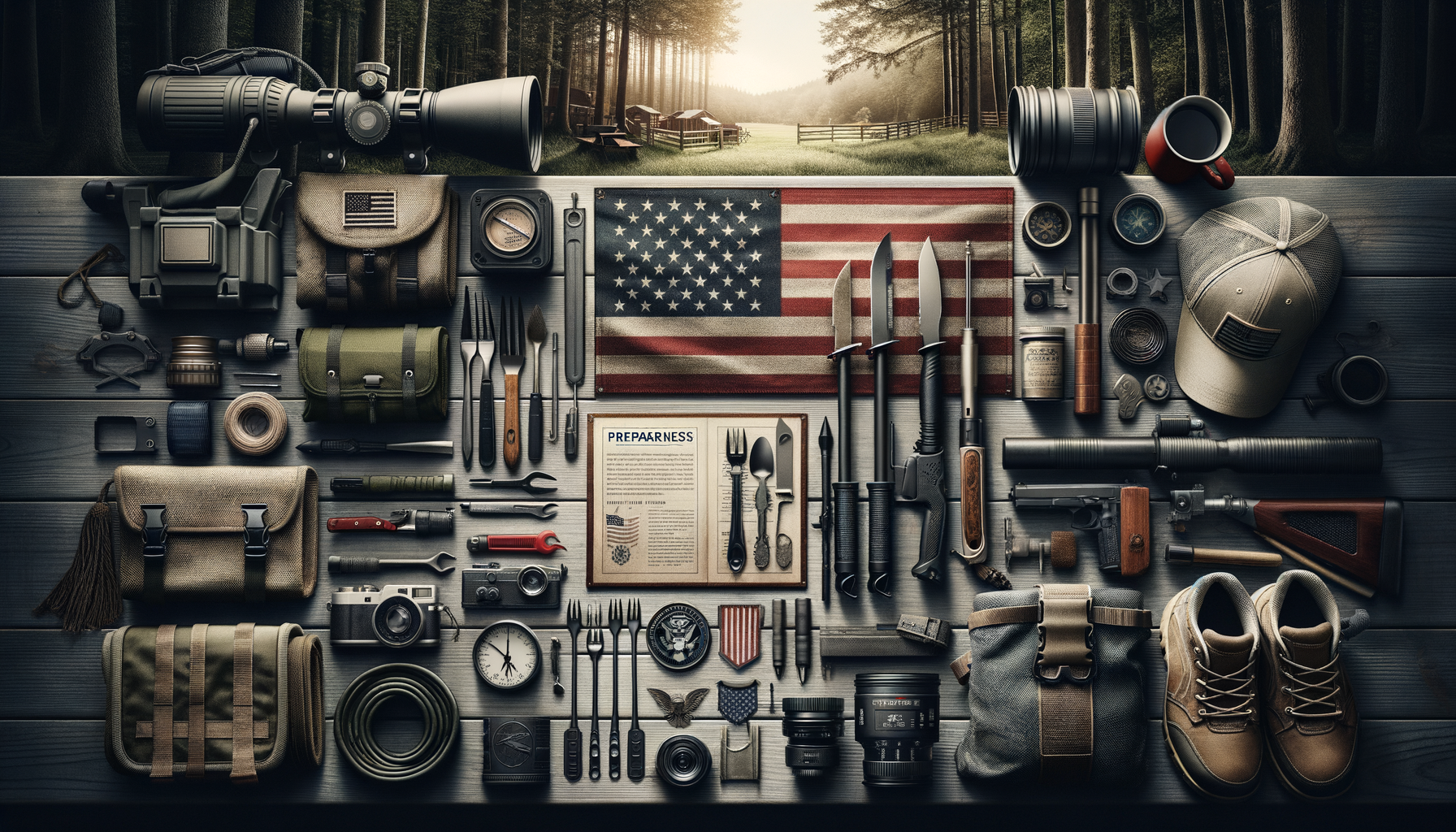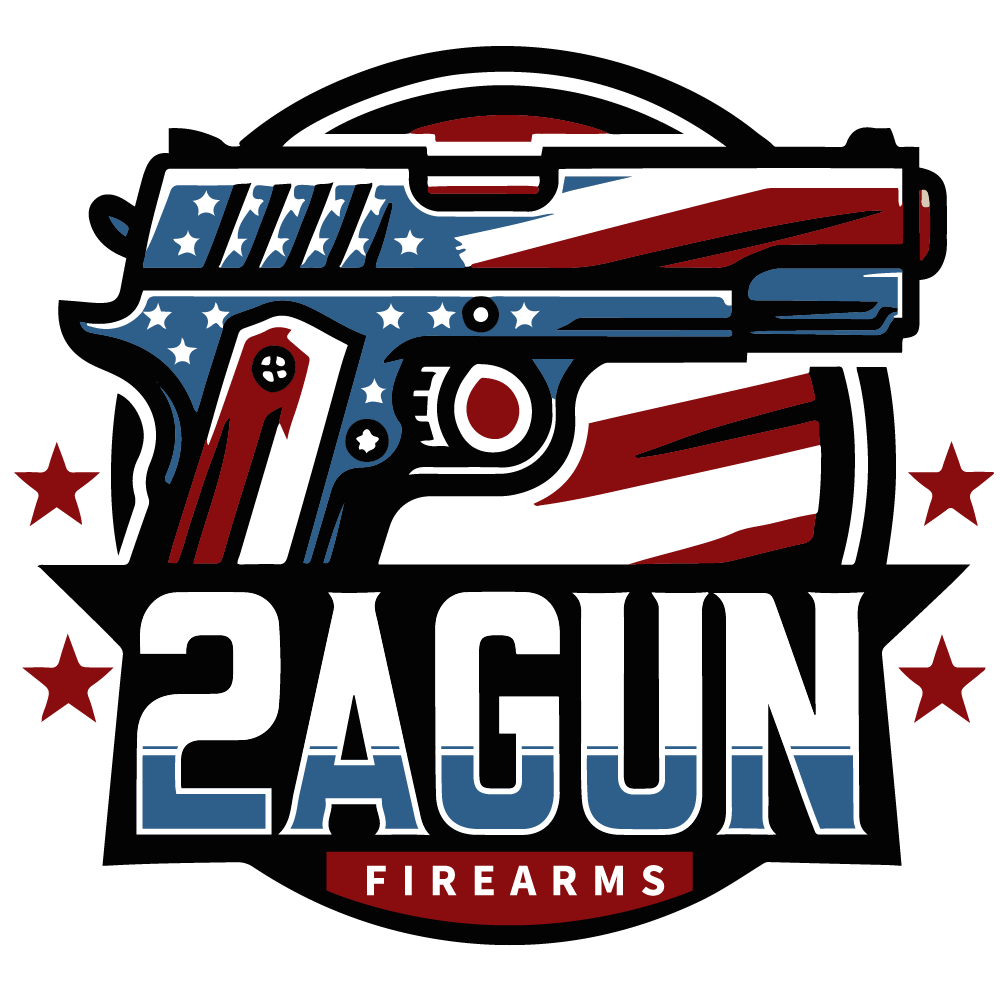Who is Excluded from the Second Amendment?

The Second Amendment to the United States Constitution protects the right of individuals to keep and bear arms. However, this right is not without its limits. While the majority of law-abiding citizens enjoy this protection, there are specific groups excluded from its full application. Understanding these exclusions is vital for firearm enthusiasts and responsible gun owners alike.
Legal Restrictions on the Second Amendment
The Second Amendment doesn’t grant an unrestricted right to own firearms. Federal, state, and local laws outline specific limitations. There are categories of individuals who are legally excluded from possessing firearms due to public safety concerns or legal precedent.
1. Convicted Felons
Federal law under 18 U.S.C. § 922 prohibits convicted felons from owning firearms. This restriction applies nationwide and is not dependent on the type of felony. Exceptions may exist in some states where rights can be restored after fulfilling certain conditions.
- Individuals convicted of violent crimes, such as armed robbery or assault, often face permanent bans.
- Non-violent felons, such as those convicted of tax fraud, might have the option of appealing to restore their rights.
2. Individuals with a Domestic Violence Conviction
The Lautenberg Amendment (1996) added specific provisions targeting individuals convicted of misdemeanor domestic violence. This federal law bars them from owning or purchasing firearms.
- This exclusion applies even to misdemeanors and does not depend on whether the individual served time in jail.
- Law enforcement and military personnel are also subject to this restriction unless they successfully apply for relief through proper legal channels.
3. Persons Adjudicated as Mentally Incompetent
Federal law excludes individuals who are declared mentally incompetent or have been committed to mental institutions. These restrictions aim to enhance public safety and prevent tragedies related to gun misuse.
- Involuntary psychiatric hospitalization or a court ruling of mental incompetence results in a firearm ban.
- Restoration of rights may be possible through an extensive legal process.
State-by-State Variability
In addition to federal law, state governments also impose their own restrictions, which can vary significantly. For example:
- California: Enforces strict gun laws, including bans for individuals addicted to narcotics or those involved in gang activity.
- Texas: Has a more lenient approach overall, but still adheres to federal mandates regarding exclusions.
- New York: Imposes additional checks and may deny permits to individuals with a history of violent misdemeanors.
Gun owners need to be familiar with both federal regulations and the specific laws in their state to ensure compliance.
Temporary Exclusions: Restraining Orders and Pending Charges
There are cases where individuals may face temporary exclusions from the Second Amendment’s protections. For example:
- Restraining Orders: A protective order related to domestic violence or harassment can temporarily suspend firearm rights until the order is lifted.
- Pending Criminal Charges: Courts may restrict firearm ownership while someone is under indictment or pending trial for certain offenses.
These exclusions often last only as long as the legal matter remains unresolved. Immediate court rulings or lifting of restraining orders can reverse these restrictions.
Non-Citizens and Firearm Ownership
The Second Amendment has traditionally been viewed as a right for citizens. However, lawful permanent residents (green card holders) and some non-immigrant visa holders can legally own firearms under certain circumstances. On the other hand:
- Undocumented immigrants are prohibited from purchasing or possessing firearms under federal law.
- Non-immigrants on temporary visas may only own guns if they meet specific exemptions, such as possessing a hunting license.
These nuances underscore the importance of understanding how citizenship and residency status affect gun ownership rights.
Juveniles and Firearms
The Second Amendment’s application does not extend equally to minors. Federal law restricts individuals under the age of 18 from possessing handguns, though exceptions exist for hunting and other supervised activities with permission from a guardian. State laws often place further restrictions on firearm access to minors.
For older teens, such as those aged 18 to 20, purchasing firearms like handguns can vary by state, as federal law imposes different restrictions on handgun sales versus long guns like rifles or shotguns.
Gray Areas of Exclusion
While many exclusions are clear-cut, there are instances where the law is less explicit or open to interpretation. For example:
- Medical Marijuana Users: Federal law classifies marijuana as a controlled substance, and gun ownership is prohibited for users, even in states where medicinal or recreational marijuana is legal.
- Military Dishonorable Discharges: Individuals dishonorably discharged from the military are federally barred from firearm ownership, though this restriction sometimes sparks debate.
These gray areas often result in legal challenges and ongoing discussions about how firearm laws should evolve.
Protecting Your Rights
If you’re unsure about your eligibility to own a firearm, taking proactive steps is crucial. Here are some tips:
- Research both federal and state laws related to firearm ownership in your jurisdiction.
- Understand your criminal or mental health history, as these factors directly impact your rights.
- Consult with a qualified attorney if you believe your rights have been unjustly restricted or are seeking to restore them.
Knowledge and due diligence are essential for staying within legal boundaries while exercising Second Amendment rights responsibly.
Conclusion
Understanding who is excluded from the Second Amendment is key to ensuring responsible and lawful firearm ownership. Restrictions on convicted felons, individuals with domestic violence convictions, and others exist to protect society while balancing constitutional rights. By staying informed, gun enthusiasts can uphold their responsibilities and confidently enjoy their Second Amendment freedoms.
For more insights into firearm ownership and Second Amendment rights, explore the resources available on 2AGun.com. Knowledge is the foundation of responsible gun ownership, and we’re here to support you every step of the way.



